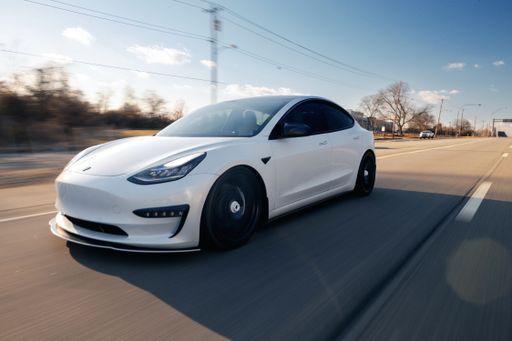BYD, a Chinese Powerhouse in Electric Cars, Will Build a Plant in Hungary
BYD, China's electric-vehicle juggernaut, announces plans to build its first assembly plant for battery-powered cars in Europe, signaling its ambition to expand beyond Asia and posing a threat to European and U.S. automakers.

BYD to Build Assembly Plant in Hungary
BYD, the world's largest maker of electric vehicles, has announced that it will construct its first production facility for battery-powered cars in Europe. The assembly plant will be located in Szeged, Hungary, and is expected to create thousands of local jobs. The move signifies BYD's ambitious plans to expand its sales globally and poses a threat to European and U.S. automakers.
In 2022, BYD sold 1.86 million battery-powered cars, surpassing Tesla's sales of 1.3 million electric vehicles. With the new facility, BYD aims to enhance its presence in the European market. Details such as the size of the plant, construction timelines, and investment figures have not yet been disclosed.
The Competitive Landscape and European Response
Chinese car manufacturers like BYD and Nio have become major contenders in the electric vehicle market. Their success is attributed to government support and significant investments in technology. In response to this threat, European and U.S. automakers have been investing heavily in retooling their plants to produce electric vehicles.
European lawmakers are investigating whether Chinese automakers have received government subsidies, which could result in the imposition of tariffs by the European Union. European automakers, such as Volkswagen, are actively responding to the challenge by increasing their investments in China and exploring partnerships to develop low-cost electric vehicles.
Hungary's prime minister, Viktor Orban, has shown favorable interest in Chinese-funded enterprises and has expressed a willingness to cooperate. However, past experiences with large Chinese projects in Hungary, such as the CATL plant, have raised concerns about pollution, resource depletion, and labor issues.
The Implications and Way Forward
BYD's decision to establish a production facility in Hungary marks a significant milestone in its global expansion strategy. The move will facilitate localized production, reducing logistics and tariff costs. It also allows for collaboration and technological exchanges between China and Hungary.
As the competition in the electric vehicle market intensifies, European and U.S. automakers need to continue investing in innovation, technology, and strategic partnerships to maintain their market positions. Government support and regulatory frameworks that promote fair competition will be crucial in navigating the evolving landscape of the automotive industry.

